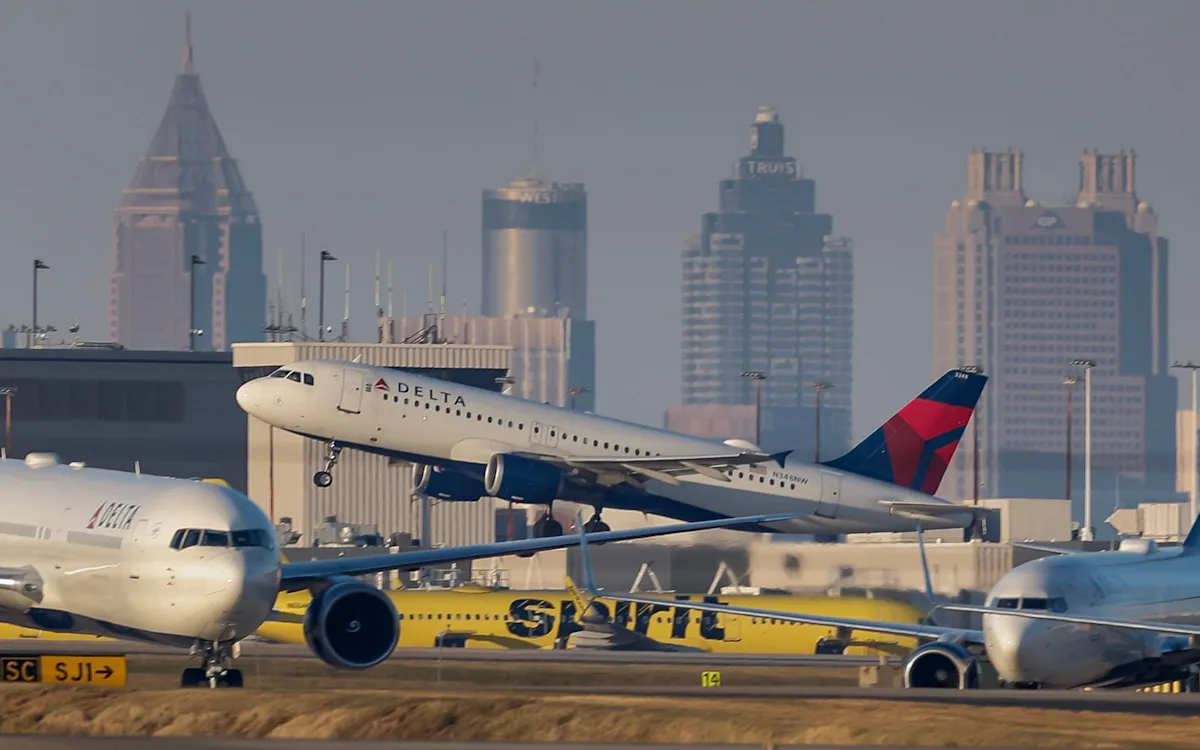As the United States endures its longest government shutdown in history, air travel is taking a major hit. Officials announced a 10% reduction in flight capacity across 40 high-traffic areas nationwide, marking one of the most visible effects of the political deadlock gripping Washington.
Transportation Secretary Sean Duffy confirmed the cuts during a White House briefing, explaining that the decision would take effect tomorrow. The Federal Aviation Administration (FAA) identified several of the country’s busiest airports—Atlanta, Dallas, Los Angeles, and New York City—as among those expected to face disruptions.
This latest crisis stems from Congress’s failure to pass a funding bill beyond September 30. The result: over 1.4 million federal workers, from air traffic controllers to park wardens, are either working without pay or forced into unpaid leave.
FAA chief Bryan Bedford described the affected areas as “high traffic environment markets,” while transportation authorities warned that the strain on staff could worsen delays and compromise safety.
The situation echoes the 2019 shutdown under President Donald Trump, which lasted 35 days and caused widespread air travel chaos. Many airport workers called in sick rather than work unpaid, a factor that eventually pressured Trump to end the standoff.
Today, the threat feels even greater. Over 60,000 FAA and TSA employees are still working without pay, while flight delays linked to staffing shortages have surged from 5% to over 50%, according to House Speaker Mike Johnson.
“The longer the shutdown continues, the more we risk the safety of the American people,” Johnson warned.
The core issue dividing Congress remains health care spending. Democrats demand renewed insurance subsidies to keep health care affordable, while Republicans insist on reopening the government first before addressing policy negotiations.
Meanwhile, former President Trump has intensified the standoff, threatening mass layoffs and even the suspension of grocery aid to 42 million Americans through the Supplemental Nutrition Assistance Program (SNAP)—a move blocked by the courts but still casting a shadow of fear and uncertainty across the nation.
Despite political rhetoric, ordinary Americans—families, travelers, and public servants—bear the brunt. At airports, frustration runs high, but so does empathy. Behind every grounded flight is a worker without pay, a passenger missing home, and a system straining to stay afloat under political crossfire.
This is not just a shutdown. It’s a human standstill.





